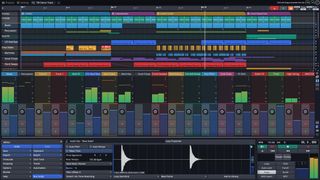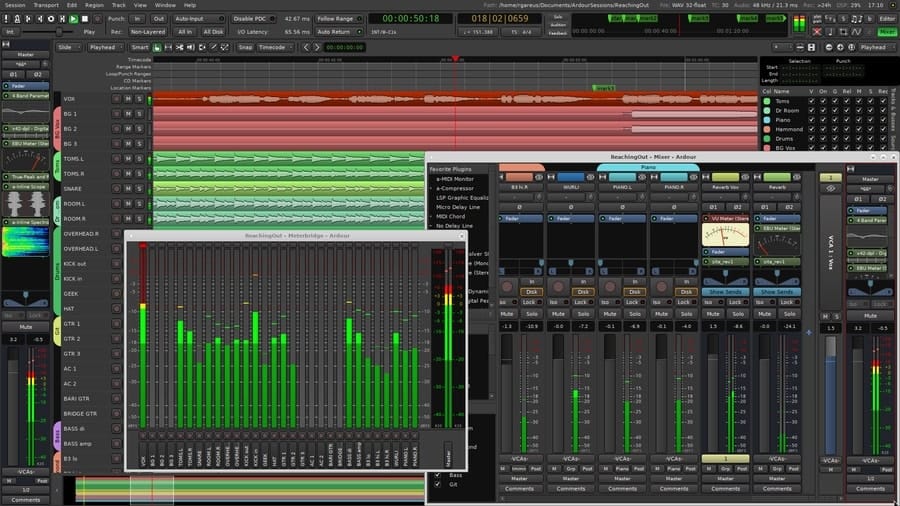


Honestly? For the kind of laptops, we’ll be looking at, DDR4 is pretty much standard across the board.Īnything under 14” for editing and add-on management when working with your favorite DAW is going to be hard work. Double Data Rate Fourth Generation (DDR4) RAM cuts back voltage by 40% and boosts performance and bandwidth by 50% as compared to DDR3. Having decent RAM is the difference between having a silky smooth audio environment and R2-D2 round for a cup of tea and a chat.Īt Least 8GB DDR4 RAM is recommended as it stands, with 16GB being perfect for extra headroom during multi-track projects. RAM stands for Random Access Memory, which is used to store data before a task is executed such as audio playback. RAM is also an important factor to consider when shopping for the best laptop for music production. Anything with a Ryzen 5 5600X, Ryzen 9 5950X, or equivalent would also be a great shout. AMD Ryzen Zen 3 processors are good value for money but can be hard to get ahold of in laptops. However, if users are using Apple-specific DAW such as Garageband or Logic Pro, fear not as these advantages are already baked in.įor Intel-based systems, quad-core i7 is recommended. We’re not sure how M1 chips will handle third-party DAW at present, with most awaiting updates to properly take advantage of M1 chips. Intel and AMD currently rule the CPU battlefield, with Apple’s M1 SoC (System on a chip) creeping in with the audio, video, and central processing being done on a single chip. Think of a processor as the brain of your laptop, processing audio conversions, compressions, and other heavy-lifting tasks. Your potential laptop will be heavily using its CPU (Central Processing Unit) during music production. What To Look For In The Best Laptop For Music Production


 0 kommentar(er)
0 kommentar(er)
